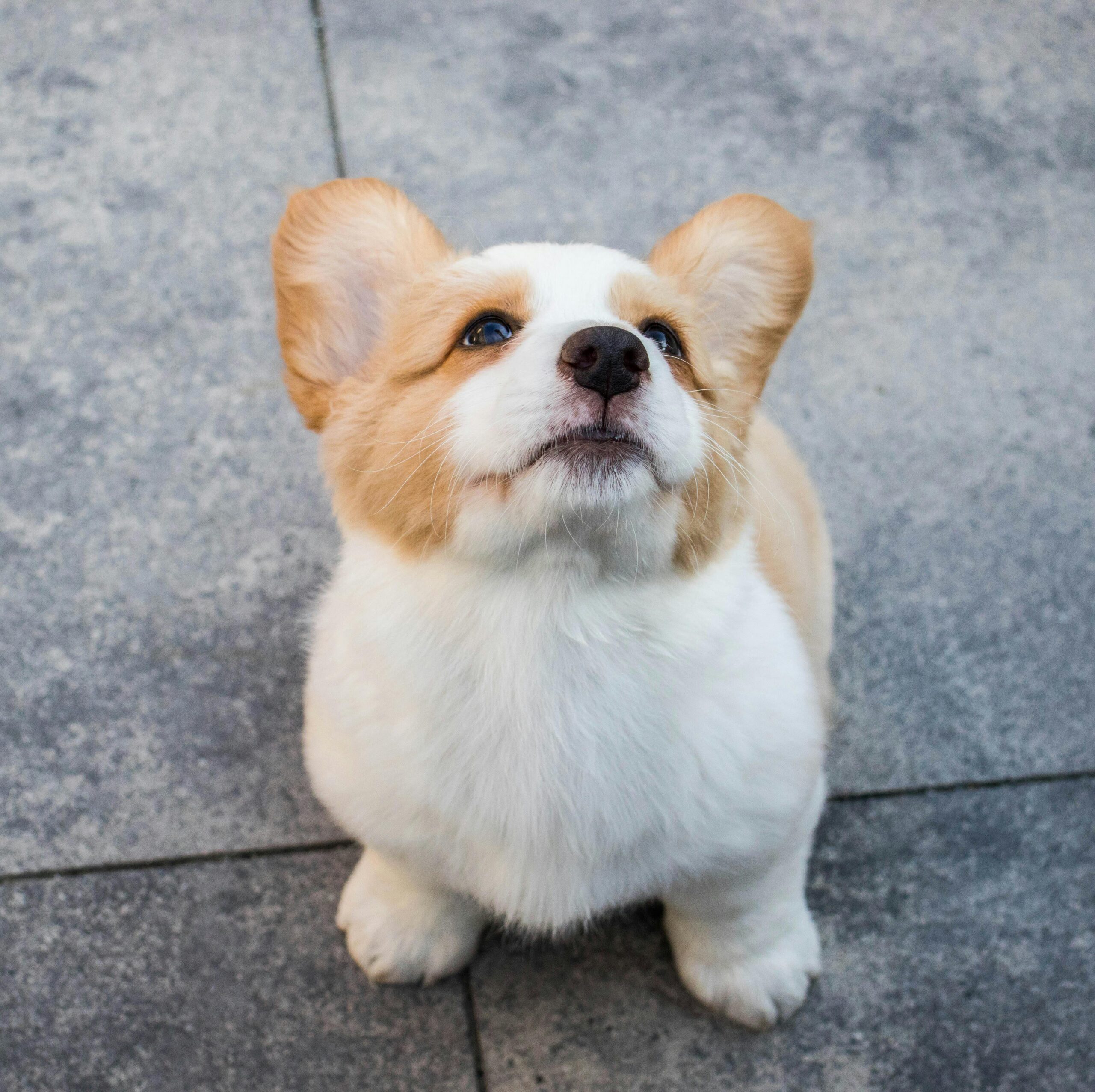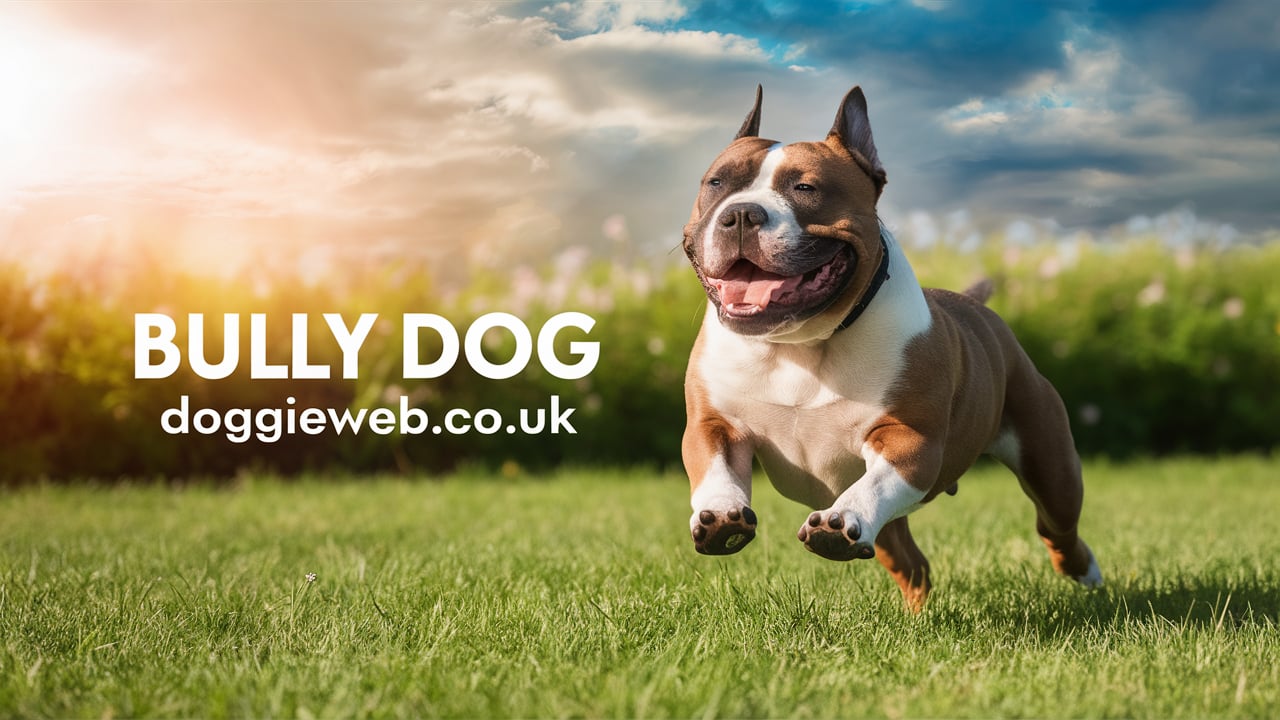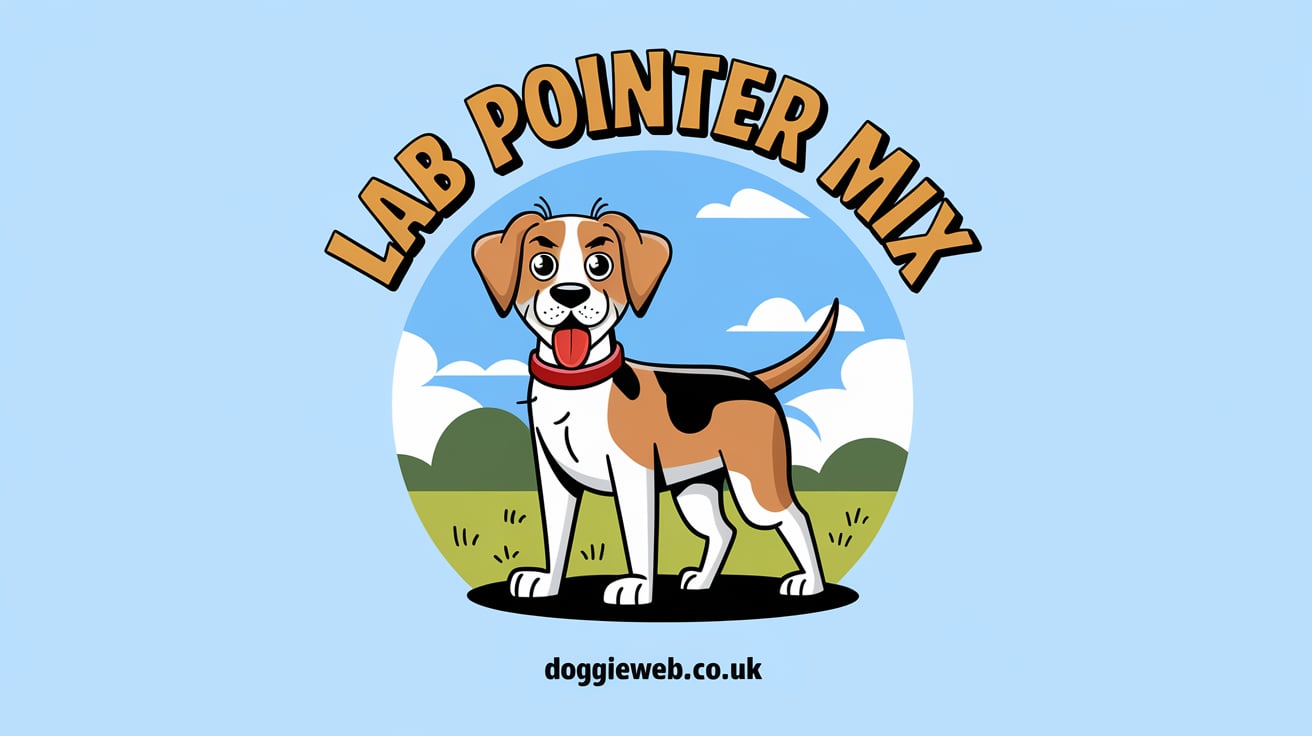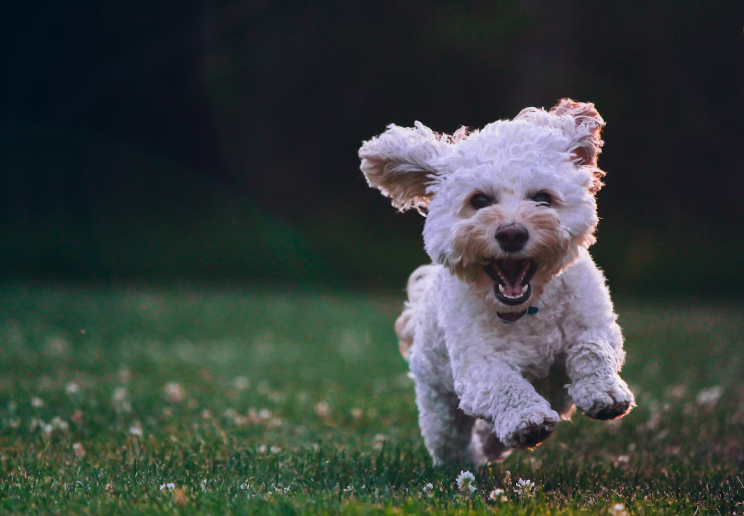
Looking for a dog that’s as delightful as a snickerdoodle cookie? Meet the Snickerdoodle Dog! This charming hybrid breed, known for its friendly nature and hypoallergenic coat, is capturing hearts all over the world. Whether you’re seeking a loyal companion for your family or a playful friend for your children, the Snickerdoodle Dog could be the perfect addition to your home. Let’s explore everything you need to know about this adorable and intelligent breed.
Introduction
So, you’re curious about the Snickerdoodle Dog? Maybe you’ve seen a few pictures online or heard someone mention them, and now you’re wondering what all the fuss is about. Well, you’re in the right place! The Snickerdoodle Dog is quickly becoming a favorite among dog lovers for its unique mix of traits and charming personality. But what exactly is a Snickerdoodle Dog, and why are they gaining such popularity? Let’s dive in and find out.
What is a Snickerdoodle Dog?
The Snickerdoodle Dog is a delightful hybrid breed, combining the best traits of its parent breeds. Typically, this dog is a mix between a Schnauzer and a Poodle, though the specific combination can vary. The goal of this crossbreeding is to create a dog that is not only adorable but also intelligent, friendly, and hypoallergenic.
History and Background
The concept of hybrid dogs isn’t new, but the Snickerdoodle Dog is a relatively recent addition to the designer dog world. The rise of doodle breeds began in the late 20th century, primarily aiming to produce dogs with the intelligence and hypoallergenic coat of a Poodle combined with the desirable traits of other popular breeds. The Snickerdoodle follows this trend, offering a blend that appeals to many dog enthusiasts.
Physical Characteristics
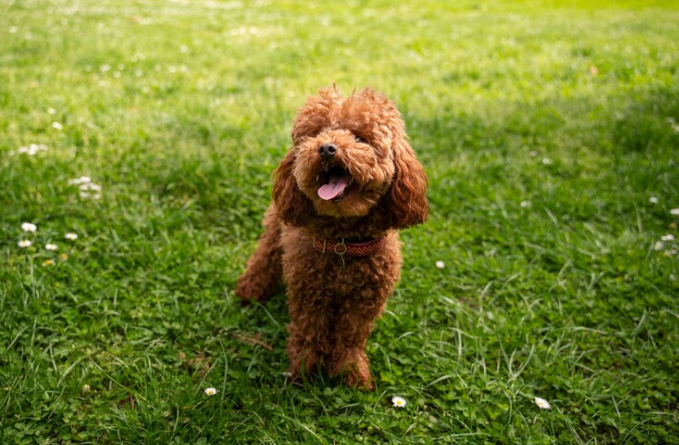
Size and Weight
Snickerdoodle Dogs can vary in size depending on the size of the Schnauzer and Poodle parents. Generally, they fall into the small to medium category, weighing between 20 to 40 pounds and standing around 12 to 20 inches tall at the shoulder.
Coat and Color Variations
One of the most appealing aspects of the Snickerdoodle Dog is its coat. These dogs often have a soft, curly coat that can be hypoallergenic, making them a great choice for allergy sufferers. Coat colors can range widely, including shades of black, white, brown, gray, and even combinations of these colors.
Unique Physical Traits
Snickerdoodle Dogs often inherit the expressive eyes of the Schnauzer and the elegant, curly coat of the Poodle. Their overall appearance is endearing, with a playful yet dignified look that captures the hearts of many.
Temperament and Personality
General Temperament
Snickerdoodle Dogs are known for their friendly and outgoing nature. They tend to be affectionate and enjoy spending time with their families. These dogs are intelligent and eager to please, making them relatively easy to train.
Behavior with Families and Children
These dogs typically do well with families and are especially good with children. Their playful nature and gentle disposition make them excellent companions for kids. However, as with any breed, it’s important to supervise interactions between young children and dogs to ensure safety for both.
Interaction with Other Pets
Snickerdoodle Dogs generally get along well with other pets, especially if they are socialized from a young age. Their friendly and adaptable nature allows them to fit in well with multi-pet households.
Training and Socialization
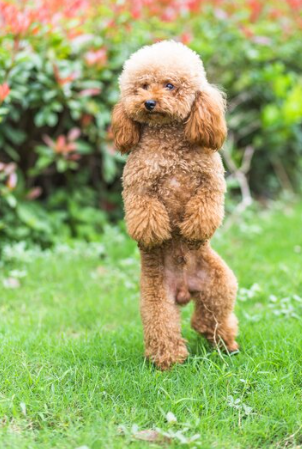
Importance of Early Training
Early training is crucial for Snickerdoodle Dogs. Starting training and socialization early helps to ensure that they grow into well-behaved and confident adults. This is particularly important given their intelligence and sometimes stubborn streak.
Effective Training Methods
Positive reinforcement methods work best with Snickerdoodle Dogs. Using treats, praise, and play as rewards can motivate them to learn new commands and tricks. Consistency and patience are key to successful training.
Socialization Tips
Introducing your Snickerdoodle Dog to a variety of people, places, and experiences during their early months will help them become well-rounded adults. Puppy classes, playdates, and visits to different environments can aid in this process.
Exercise and Activity Needs
Daily Exercise Requirements
Snickerdoodle Dogs are active and need regular exercise to stay healthy and happy. A minimum of 30 to 60 minutes of exercise per day is recommended, which can include walks, playtime, and other activities.
Types of Activities They Enjoy
These dogs enjoy a variety of activities, including fetching, running, and playing with toys. They also excel in agility and obedience training, which can provide both physical and mental stimulation.
Mental Stimulation
Given their intelligence, Snickerdoodle Dogs benefit from activities that challenge their minds. Puzzle toys, training sessions, and interactive games can help keep them mentally engaged and prevent boredom.
Grooming and Maintenance
Coat Care
The coat of a Snickerdoodle Dog requires regular grooming to keep it in good condition. Brushing several times a week will help prevent matting and tangling. Regular grooming sessions also provide an opportunity to check for any skin issues or parasites.
Nail Trimming and Dental Care
Regular nail trimming is important to prevent overgrowth and discomfort. Dental care is also crucial, as small breeds can be prone to dental issues. Brushing their teeth several times a week and providing dental chews can help maintain oral health.
Grooming Schedule
A consistent grooming schedule will help keep your Snickerdoodle Dog looking and feeling their best. Professional grooming every 6 to 8 weeks is often necessary to maintain their coat and overall hygiene.
Health and Wellness
Common Health Issues
While Snickerdoodle Dogs are generally healthy, they can be prone to certain health issues, including hip dysplasia, eye conditions, and allergies. Regular veterinary check-ups can help catch and address these issues early.
Preventative Care
Preventative care, such as regular vaccinations, parasite control, and routine health screenings, is essential for maintaining your dog’s health. A healthy diet and regular exercise also play a key role in prevention.
Regular Check-ups and Vaccinations
Annual veterinary check-ups are important for monitoring your Snickerdoodle Dog’s health. Staying up-to-date on vaccinations and preventative treatments can help protect them from common diseases and parasites.
Diet and Nutrition
Nutritional Needs
Snickerdoodle Dogs need a balanced diet that provides all the essential nutrients for their growth and maintenance. High-quality commercial dog food or a well-planned homemade diet can meet their nutritional needs.
Recommended Diet
A diet rich in protein, healthy fats, and essential vitamins and minerals is recommended for Snickerdoodle Dogs. It’s important to choose food appropriate for their age, size, and activity level.
Foods to Avoid
Certain foods can be harmful to dogs, including chocolate, grapes, onions, and certain artificial sweeteners. It’s important to know what foods to avoid and keep them out of reach of your Snickerdoodle Dog.
Living Environment
Ideal Living Conditions
Snickerdoodle Dogs are adaptable and can thrive in various living conditions. However, they do best in environments where they receive plenty of attention and mental stimulation. Whether in a house or an apartment, regular exercise and interaction are crucial.
Adaptability to Different Environments
These dogs are quite adaptable and can live comfortably in both urban and rural settings. Their small to medium size makes them suitable for apartment living, provided they get enough exercise.
Indoor vs. Outdoor Living
While Snickerdoodle Dogs can enjoy time outdoors, they are not well-suited to living outside full-time. They thrive on companionship and are happiest when they can spend plenty of time with their human family.
Cost of Owning a Snickerdoodle Dog
Initial Costs
The initial cost of acquiring a Snickerdoodle Dog can vary depending on whether you adopt or buy from a breeder. Additional initial costs include vaccinations, microchipping, spaying/neutering, and basic supplies.
Ongoing Expenses
Ongoing expenses include food, grooming, regular veterinary care, and pet insurance. These costs can add up, so it’s important to budget accordingly.
Unexpected Costs
Unexpected costs can arise from emergency veterinary care or health issues. Having a financial plan or pet insurance can help manage these unforeseen expenses.
Choosing a Snickerdoodle Dog
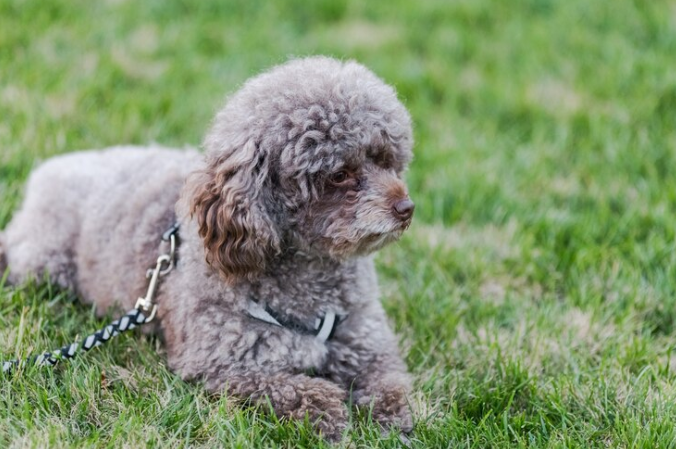
Finding a Reputable Breeder
If you decide to buy a Snickerdoodle Dog from a breeder, it’s important to choose a reputable one. Look for breeders who prioritize the health and well-being of their dogs and provide thorough health screenings.
Adoption vs. Buying
Adoption is a wonderful option and can provide a loving home to a dog in need. Many rescue organizations and shelters have Snickerdoodle Dogs available for adoption.
What to Look for in a Healthy Puppy
When choosing a puppy, look for signs of good health, such as clear eyes, a shiny coat, and an energetic demeanor. Ask the breeder or shelter about health clearances and the puppy’s medical history.
Snickerdoodle Dogs in Popular Culture
Appearances in Media
Snickerdoodle Dogs are starting to make their mark in popular culture, appearing in advertisements, TV shows, and movies. Their cute and unique appearance makes them a favorite for media roles.
Celebrity Owners
Several celebrities have fallen for the charm of Snickerdoodle Dogs, further boosting their popularity. These dogs often make appearances on social media, showcasing their lovable personalities.
Conclusion
The Snickerdoodle Dog is a fantastic choice for anyone looking for a friendly, intelligent, and adaptable pet. With their charming looks and lovable personality, they fit well into a variety of homes and lifestyles. Whether you’re a family with kids, a single person, or someone with other pets, a Snickerdoodle Dog could be the perfect addition to your household.
FAQs About Snickerdoodle Dog:
How long do Snickerdoodle Dogs live?
Snickerdoodle Dogs typically have a lifespan of 12 to 15 years, depending on their health and care.
Are Snickerdoodle Dogs hypoallergenic?
Yes, many Snickerdoodle Dogs are considered hypoallergenic due to their Poodle heritage, but individual reactions can vary.
Do Snickerdoodle-Dogs get along with cats?
Generally, Snickerdoodle-Dogs can get along well with cats, especially if they are socialized with them from a young age.
How much exercise do Snickerdoodle-Dogs need?
Snickerdoodle-Dogs need at least 30 to 60 minutes of exercise daily to stay healthy and happy.
What are the grooming needs of a Snickerdoodle-Dog?
Regular grooming, including brushing several times a week and professional grooming every 6 to 8 weeks, is necessary to maintain their coat.
If you found our content helpful don’t forget to share it on your social media: Twitter
Also Read: American vs. European Doberman: A Comprehensive Comparison






